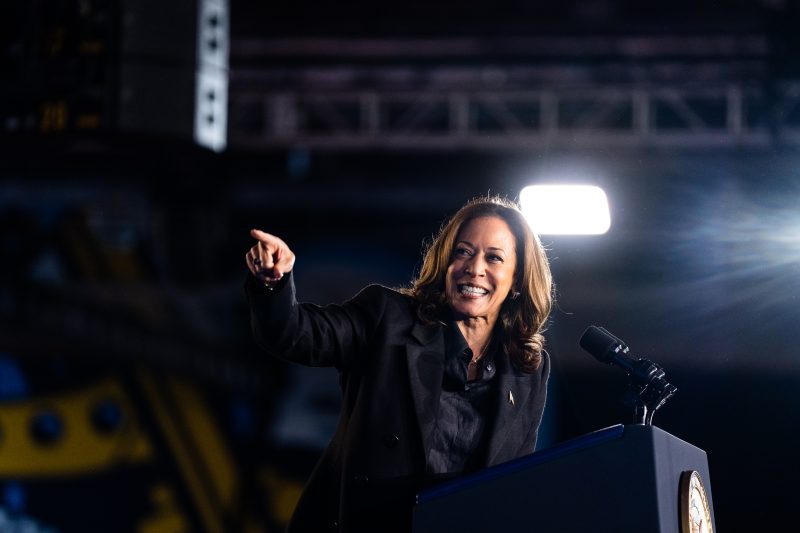In recent weeks, former President Donald Trump has been making headlines for his repeated mentions of Vice President Kamala Harris’s first job at McDonald’s. While some may question the relevance of this detail, delving deeper into the context and implications reveals a nuanced perspective.
Trump’s frequent invocation of Harris’s fast-food work experience can be seen as a strategic choice to undermine her image and credibility. By emphasizing a relatively humble start to her career, Trump may be seeking to downplay Harris’s achievements and qualifications, thereby casting doubt on her ability to hold high office. This tactic taps into long-standing societal biases that equate status and success with certain career paths, potentially influencing public perception of Harris’s suitability for her role.
Moreover, Trump’s focus on Harris’s McDonald’s job could be a veiled attempt to highlight class differences and cultivate a narrative that positions him as a champion of the working class. By juxtaposing Harris’s past job with his own background as a wealthy businessman, Trump may be trying to exploit economic anxieties and sow division among voters. This tactic aligns with his broader messaging around populism and appeals to blue-collar Americans, capitalizing on existing societal divisions for political gain.
On a deeper level, Trump’s fixation on Harris’s fast-food work experience reflects broader themes of gender and race in American politics. As a woman of color, Harris faces unique challenges and stereotypes that stem from historical biases and systemic inequalities. By highlighting her early job at McDonald’s, Trump may be subtly reinforcing harmful stereotypes about women and people of color, perpetuating a narrative of Harris as somehow less competent or deserving of respect.
In the context of a highly polarized political landscape, Trump’s focus on Harris’s McDonald’s job serves as a reminder of the power dynamics at play in contemporary discourse. By weaponizing personal details and selectively emphasizing certain aspects of Harris’s background, Trump is engaging in a form of political theater aimed at shaping public opinion and influencing electoral outcomes. This calculated strategy speaks to the complexities of identity, representation, and power in American politics, underscoring the need for critical engagement and analysis in assessing political rhetoric.
Ultimately, while Trump’s repeated mentions of Harris’s McDonald’s job may seem trivial on the surface, their deeper implications reveal a multi-layered narrative that speaks to broader themes of power, privilege, and perception. By analyzing the context and motivations behind Trump’s rhetoric, we can gain valuable insights into the intricate workings of contemporary politics and the complex dynamics that shape public discourse.
